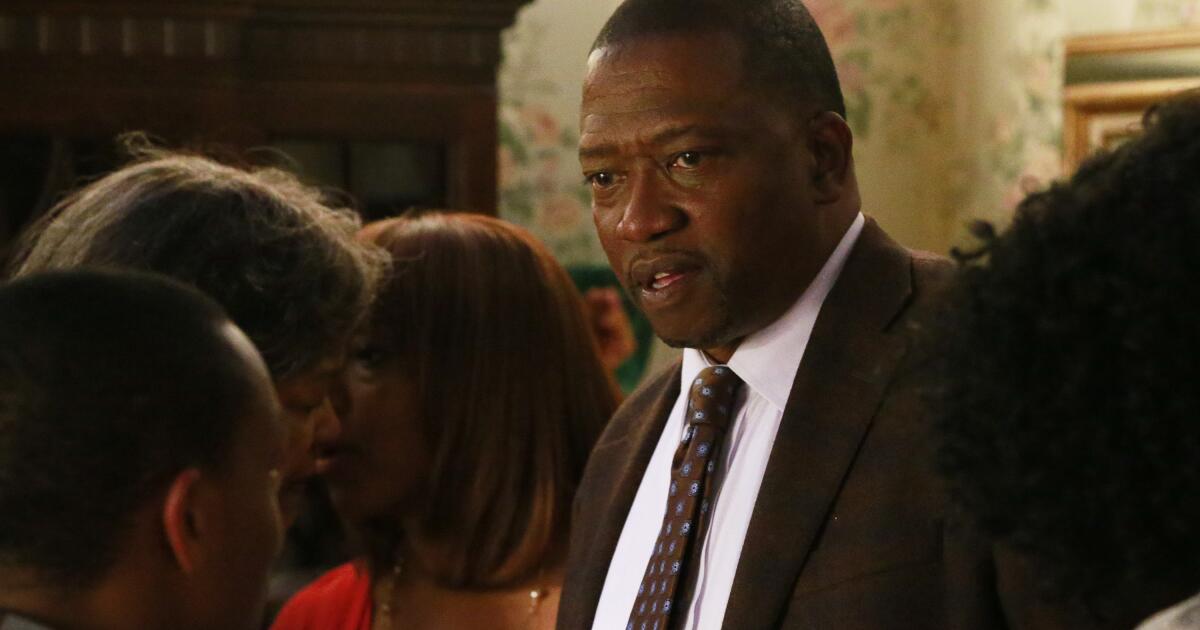Actor T.K. Carter dies at 69
Veteran comedian, actor and Southern California native T.K. Carter has died. He was 69.
Los Angeles County Sheriff’s Department deputies arrived at the actor’s Duarte home Friday evening after receiving a call about an unresponsive male, the Associated Press reported. He was declared dead at the scene. No foul play is suspected, though officials have not yet released a cause of death.
Born Thomas Kent Carter in New York City, Carter was raised in the San Gabriel Valley, according to IMDb.
After several small roles in 1970s sitcoms, including “Good Times,” “The Waltons” and “The Jeffersons,” he found his breakthrough role in the 1982 horror movie “The Thing” as the chef Nauls.
He went on to play teacher Mike Fulton in “Punky Brewster” and Clarence Hull in “The Sinbad Show,” among a host of other film and television credits through the 1980s and ‘90s.
In later decades of his career, he took on consulting roles in addition to on-screen appearances.
He worked with Chris Tucker as a dialect coach on the 1998 film “Rush Hour,” and was brought on to the set of the 1996 movie “Space Jam” to help the film’s star, Michael Jordan, learn lines and feel more comfortable in front of the camera.
“T.K. was a terrific actor, and I wanted him to help Michael with his dialogue,” director Joe Pytka told The Times in 2020.
While Carter was best known for his comedic work, describing himself in his Instagram bio as a writer and performer “born to act and make you laugh,” he also took on more serious roles.
He starred in the 2000 HBO miniseries “The Corner,” a drama in which he played Gary McCullough, a west Baltimore father struggling with addiction.
“I just totally felt for Gary,” Carter told The Times. “I’ve had drug problems and cocaine addiction. I lost my father to a drug-related death. I’ve lost a lot of friends. I was fortunate to come out on the other side and get my life together. But I haven’t forgotten. I kept Gary with me all the time. I slept Gary. I breathed Gary.”
As news of the actor’s passing spread, friends and colleagues took to social media with tributes.
“As a young kid, I looked up to T. K. because seeing an African American actor starring in a major film meant a lot to me. I always felt he was headed for stardom,” entrepreneur Shavar Ross posted on X. “I want to send my heartfelt condolences to his family, his friends, and everyone who loved and admired his work. He will always be remembered and respected.”
